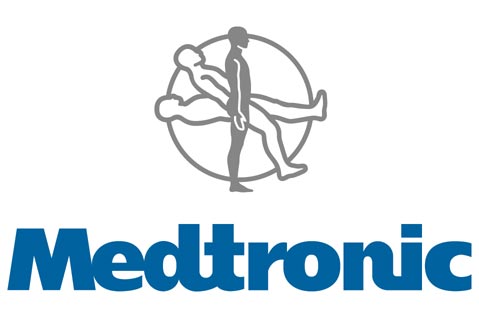Medtronic (NYSE:MDT) said a study showing that hemodialysis patients experience significantly higher-than-expected rates of arrhythmia also indicates that the episodes appear to coincide with their treatment cycles.
The MiD study monitored 50 patients with end-stage renal disease for a 6-month period using Medtronic’s Reveal XT insertable cardiac monitor.
Preliminary results showed that 52% of the hemodialysis patients experienced atrial fibrillation; the AF rate was nearly 4 times higher during the 12-hour period following dialysis treatment.
Moreover, 19 of 50 (38%) experienced at least 1 episode of bradycardia, or slow heartbeat. The study noted that 5 of those patients have since received pacemakers to help control the condition.
“The study results give us crucial insight on the timing, frequency and types of abnormal heart rhythms experienced by these patients – especially as it relates to the delivery of dialysis – and these findings may affect how dialysis treatments are delivered in the future,” vice president of renal care solutions Ven Manda said in prepared remarks.
Medtronic, which presented the data this week at the annual meeting of the America Society of Nephrology, said the study also highlights the need for continuous heart monitoring in certain dialysis patients.
“The Reveal XT device used in the MiD study is a long-term monitor that offers a new approach to managing patients on hemodialysis by identifying clinically-significant abnormal heart rhythms – when they occur – so that patients can receive appropriate treatment,” noted vice president of diagnostics & monitoring Nina Goodheart in a statement. “Effective cardiac monitoring can lead to better patient outcomes, and may lead to even more efficient delivery of care with economic benefits.”
Minneapolis-based Medtronic is currently in the midst of mega-merger with Ireland’s Covidien (NYSE:COV). Earlier this month, Medtronic said it had signed a package of loans worth $16.3 billion to help finance its pending $43 billion acquisition of Covidien. Last month, Medtronic CEO Omar Ishrak unveiled the blueprint for the combined company’s post-merger management structure. The deal is slated to close early next year.


